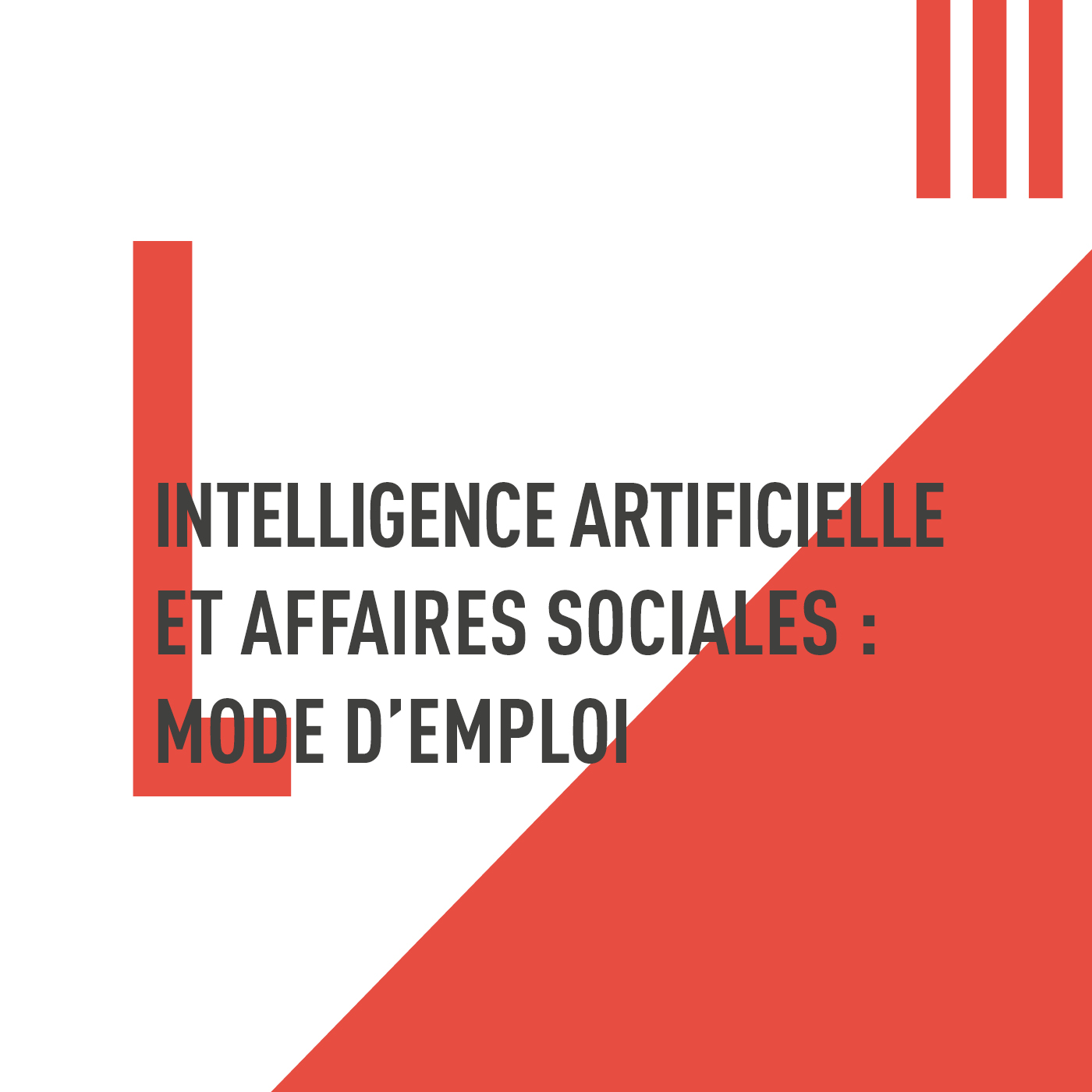Paris, 24 June 2019 – Artificial Intelligence And Social Affairs: Instructions For Use
As part of their seminar cycle, the Jacques Delors Institute and the MACIF group are organizing an event on the potential impacts of Artificial Intelligence (AI) technologies on social, work and employment systems.
As stated in the European Commission’s report, published on the 3rd of May 2019, entitled « The future of Work ? Work of the future !», digital transition, to which Artificial Intelligence is a component, entails a restructuring of the labour market: jobs will disappear or new ones emerge, while others will be transformed. Changes are already visible in sectors like transports (autonomous vehicle) or health (development of new technologies, eHealth). While many studies agree on the fact that the development AI technologies and the growing automation of work might favour a dualisation of the labour market, what effects such evolutions will have on European social systems? How can the EU and its Member States prevent side effects of this digital transitions? Work organisation within and between companies is also expected to change with the integration of AI within production processes. What form this evolution will take? Finally, AI technologies bear risks, without mentioning those related to data protection. The definition of adequate legal and ethical standards seems therefore necessary to prevent AI-related risks to occur: are European standards conceivable and/or appropriate?
As stated in the European Commission’s report, published on the 3rd of May 2019, entitled « The future of Work ? Work of the future !», digital transition, to which Artificial Intelligence is a component, entails a restructuring of the labour market: jobs will disappear or new ones emerge, while others will be transformed. Changes are already visible in sectors like transports (autonomous vehicle) or health (development of new technologies, eHealth). While many studies agree on the fact that the development AI technologies and the growing automation of work might favour a dualisation of the labour market, what effects such evolutions will have on European social systems? How can the EU and its Member States prevent side effects of this digital transitions? Work organisation within and between companies is also expected to change with the integration of AI within production processes. What form this evolution will take? Finally, AI technologies bear risks, without mentioning those related to data protection. The definition of adequate legal and ethical standards seems therefore necessary to prevent AI-related risks to occur: are European standards conceivable and/or appropriate?
MACIF, salons du 8e étage 17-21, place Étienne Pernet, Paris 15e
France
Paris









